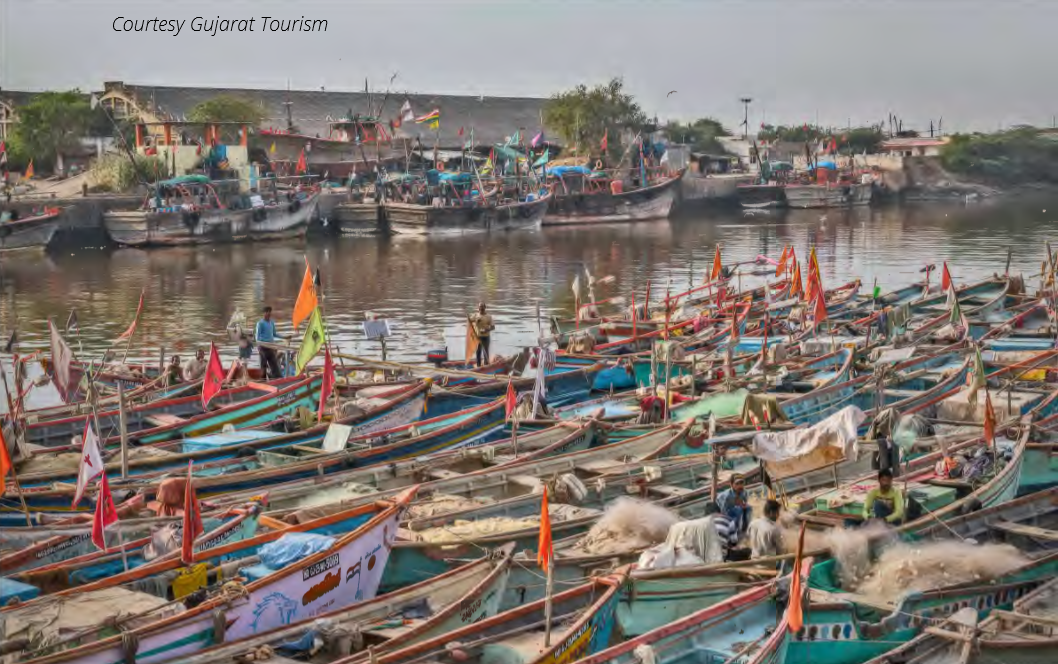
Porbandar Fisheries & Impact of Covid-19
- By Jazreen Deboo and Rashi Garg
- November 02, 2020
Share This Story
Livelihood, Marine fishing, Inland fishing, Exports, Fishes, COVID-19, Trade
Fishing as an Occupation:
As waves crash against the rocky shore and the sun reveals its first rays of the day, groups of fisherfolk gear-up to begin a voyage into the deep blue Arabian Sea.
Fishing trips, depending on the vessel, can last up to 20 days. Boats are stocked with food, water, iceboxes, and a variety of nets. Hard work, toiling for endless hours on rough seas in unpredictable weather is negotiated with just one goal – survival, economic and physical.
Stopping at different strategic locations, fishermen use various tried and tested baiting techniques to catch fish. This is the start of one of the most profitable value chains in the world.
More than 3 billion people consume seafood as their primary source of protein. With rapid globalization and ease of exports, fishing is no longer about subsistence; rather, it has begun focussing on investments and on technology.
Gujarat: A home to fishing
Gujarat ranks first as the highest marine fish producing state in India. It contributes around 20% of its national marine fish production.
With a coastline of 1600 km and a continental shelf of 1.64 lakh square km fishing opportunities are abundant. Further, its Exclusive Economic Zone (EEZ) measures up to 2.14 lakh square km. With 26,484 marine boats registered (2018-19) and 2.18 lakh active fishers, more than 1 lakh families of Gujarat are dependent on fishing as their livelihood.
Gujarat produces almost 7 lakh metric tonnes from marine fishing and 1.4 lakh metric tonnes from inland fishing (2018-19). It exports 3.05 lakh metric tonnes of fish products to countries including China, Japan and countries of the European Union, the Arab States, and the United States of America.
Porbandar
Porbandar has an all-weather port and boasts of a magnificent 106 km coastline on the Arabian Sea. Porbandar’s all-weather port makes it suitable for fishing and this district alone accounts for 8.53% of Gujarat's total fish catch. Marine fishing is the primary source of fish. The "Kharva" community of Porbandar is mostly engaged in sea-farming.
The variety of catch in Porbandar (in local language) are Vichuda, Halwa, Boomla, Dara, Dhol, Palla, Tanti, Madra, Khaga, Gandiya, Vam, Sag, Surmai, Chappari, Ravas, Baga, Dai, Perch, Dhoma, Shrimp-Prawns, Bolster, Crab, Squid, Katal, Tuna, Mackerel, Ranidish, and Sol Fish.
Fig.1- The output of the fisheries sector in Porbandar (2018-19)
|
Sr. No. |
Particulars |
Qty (Metric Ton) |
Percent |
Price (Rs. Per Metric Ton) |
Gross Value of Output (Rs.) |
Percent |
|
1 |
Marine |
92,963 |
95.7% |
76,881 |
7,14,71,19,081 |
88.82% |
|
2 |
Inland |
203 |
0.2% |
55,305 |
1,12,26,929 |
0.13% |
|
3 |
Shrimp |
3,959 |
4.1% |
2,24,359 |
88,82,37,796 |
11.03% |
|
Total |
97,125 |
100% |
3,56,545 |
8,04,65,83,806 |
100% |
Source: District Fisheries Office, Porbandar
Impact of Covid-19 Pandemic in Porbandar
The impact of Covid-19 on the fisheries sector has been severe.
International trade suffered from border restrictions on the global markets. Consumer demand also decreased. As a result of the lockdown, the capture was halted. This had a direct impact on the income of local fisherfolk. When the processing units were shut down, the fishermen did not find buyers. Those who did not have access to cold storage facilities had to resort to selling direct to the customer or dumping their stocks. Fish vendors and people involved in allied activities like transporting, net mending, regular maintenance of boat and engine also suffered.
“The corona pandemic, followed by the monsoon ban and the heavy rains after the upliftment of the ban has highly affected the income." says Ashwin Jungi, the trustee of the Kharva Samaj.
Concrete policies and actions are required to minimize the disruptive effect of COVID-19 pandemic on the livelihood of fishing families.
Reference:
-
"Statistical Information of Gujarat Fisheries Sector". 2020. Commissioner of Fisheries. https://cof.gujarat.gov.in/action-plan-guj.htm.
-
“The Effect of COVID-19 on Fisheries and Aquaculture in Asia,” accessed 2020, https://reliefweb.int/sites/reliefweb.int/files/resources/CA9545EN.pdf.
-
“COVID-19 Facts and Updates,” www.worldfishcenter.org, accessed 2020, https://www.worldfishcenter.org/pages/covid-19/.
-
“COVID-19 Impact on Livelihoods of Marine Fishing Communities,” M S Swaminathan Research Foundation, April 7, 2020, https://www.mssrf.org/content/covid19-impact-livelihoods-marine-fishing-communities-0.
-
Porbandar Mirror, September 8, 20AD, માછીમારોને થયેલ નુકશાની અંગે સર્વે કરી સહાય કરવા પોરબંદર સમસ્ત ખારવા સમાજ દ્વારા મુખ્યમંત્રીને રજુઆત કરાઈ, જુઓ આ વિડીયો.
-
Statistical Officer of Porbandar, J. A. Vaghela. “Gross Domestic Product - Fisheries.” Porbandar: Porbandar, 2019.


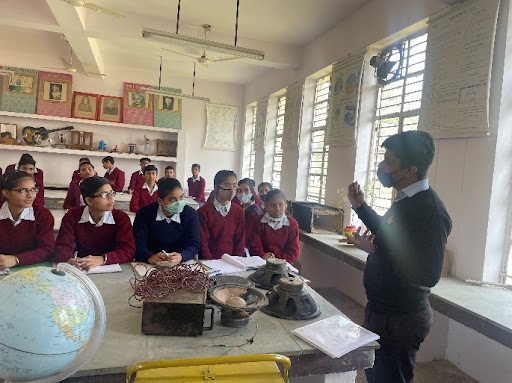
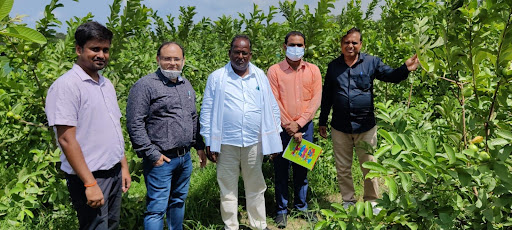

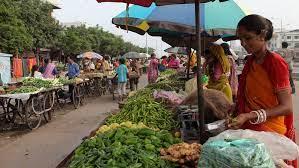
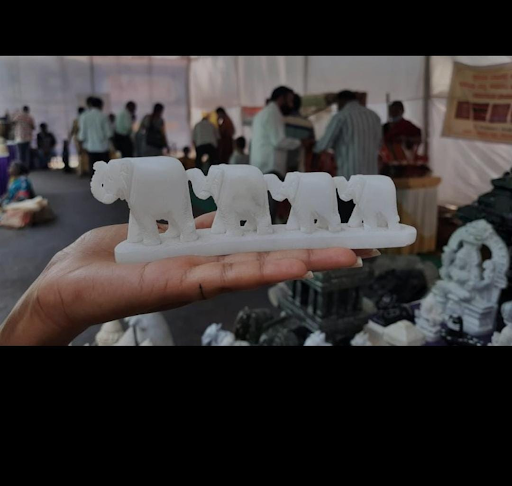
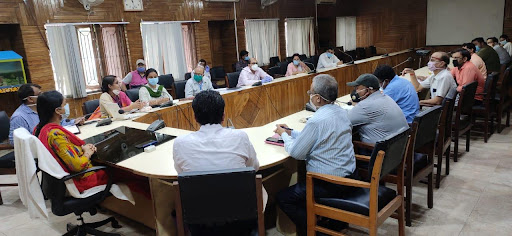

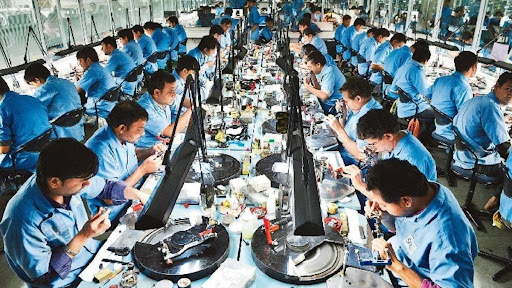
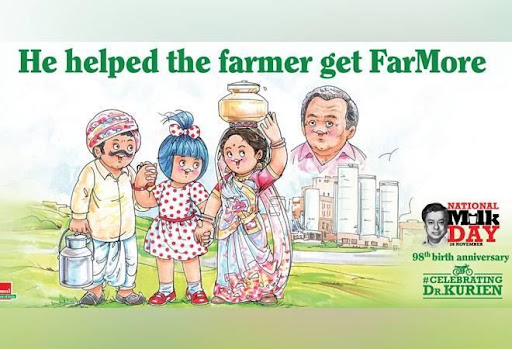
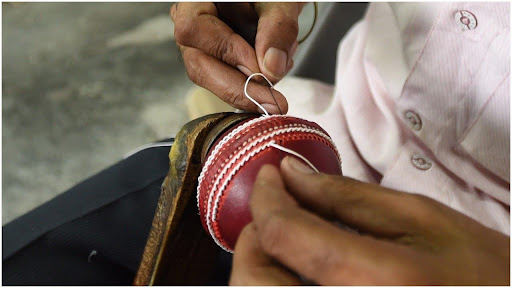
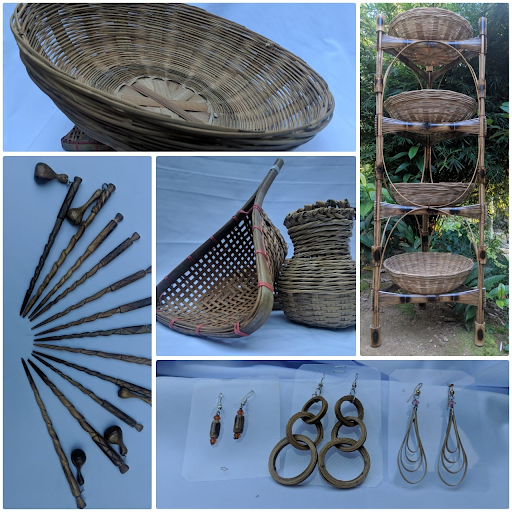
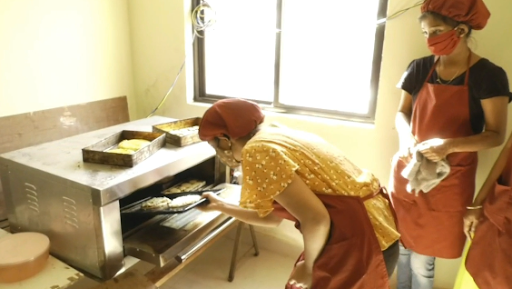
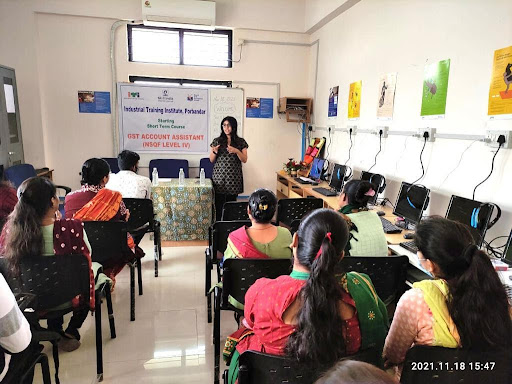
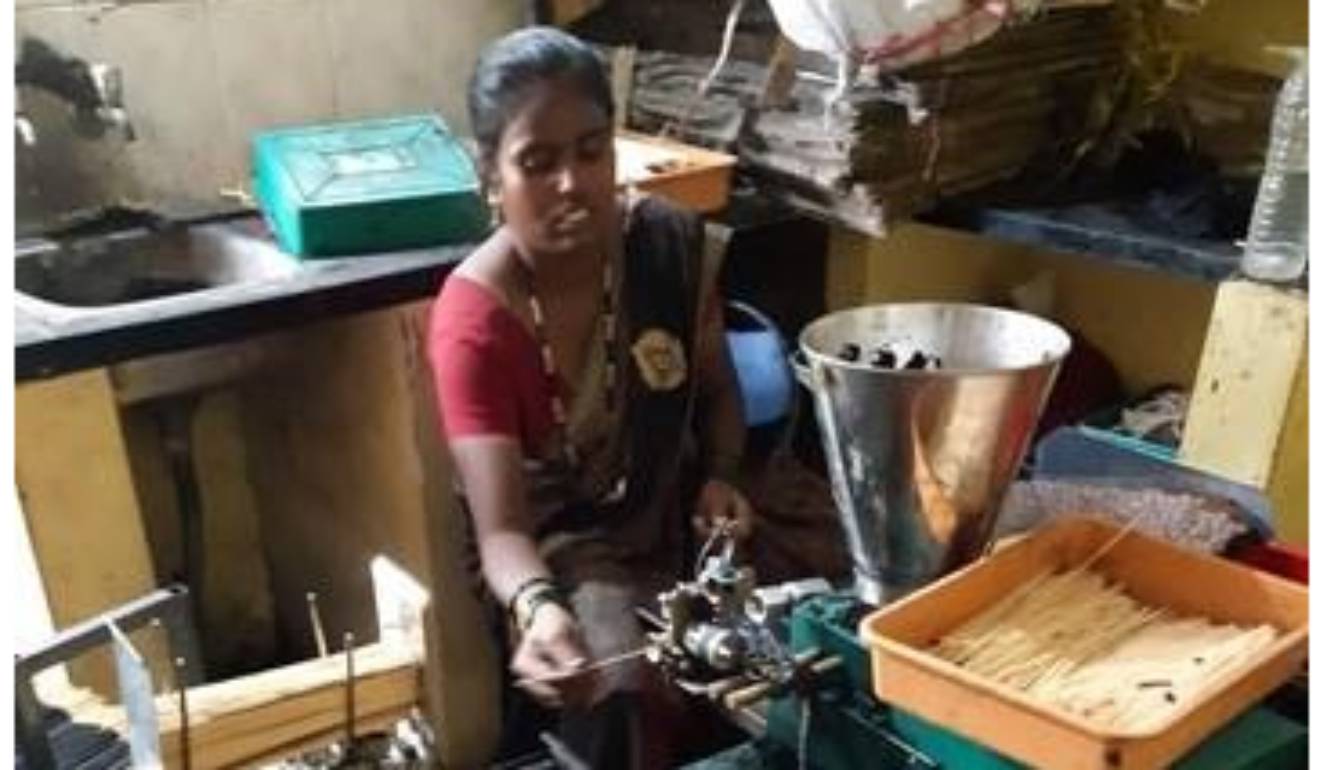
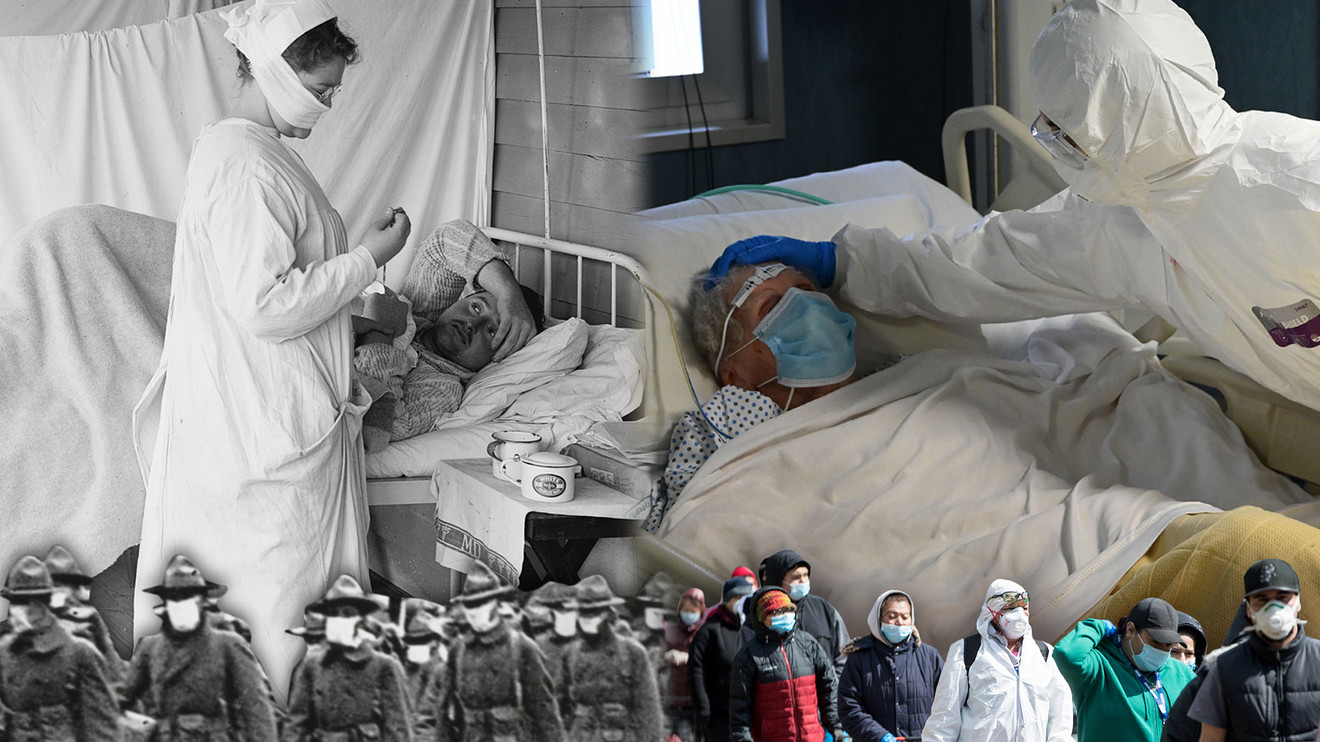
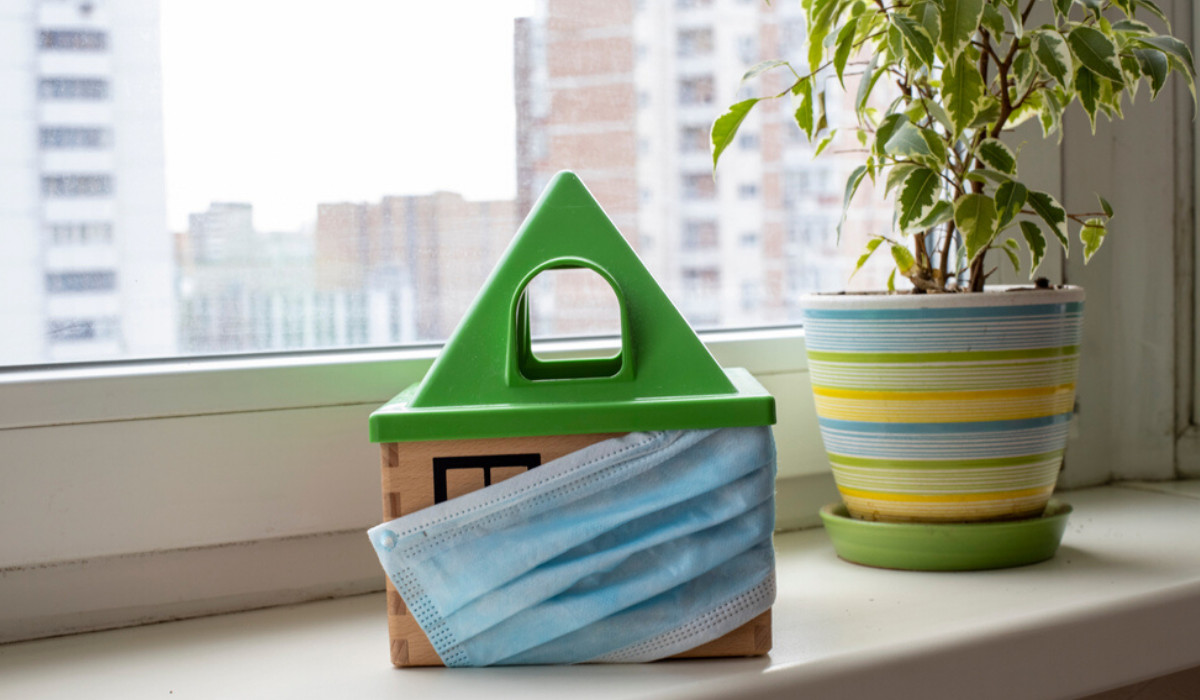

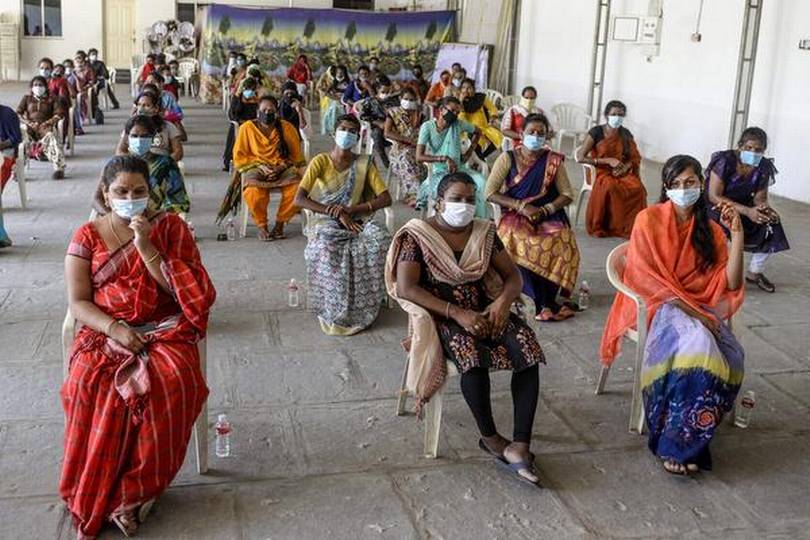
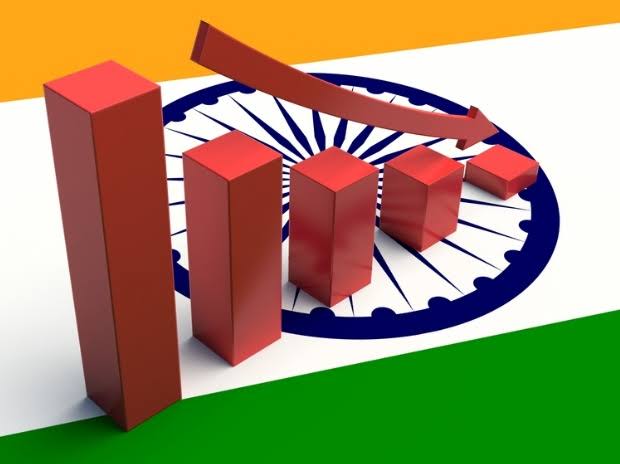

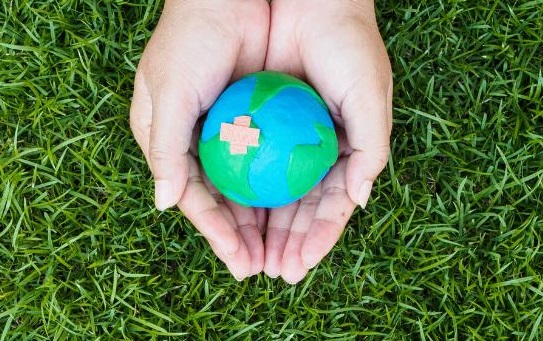
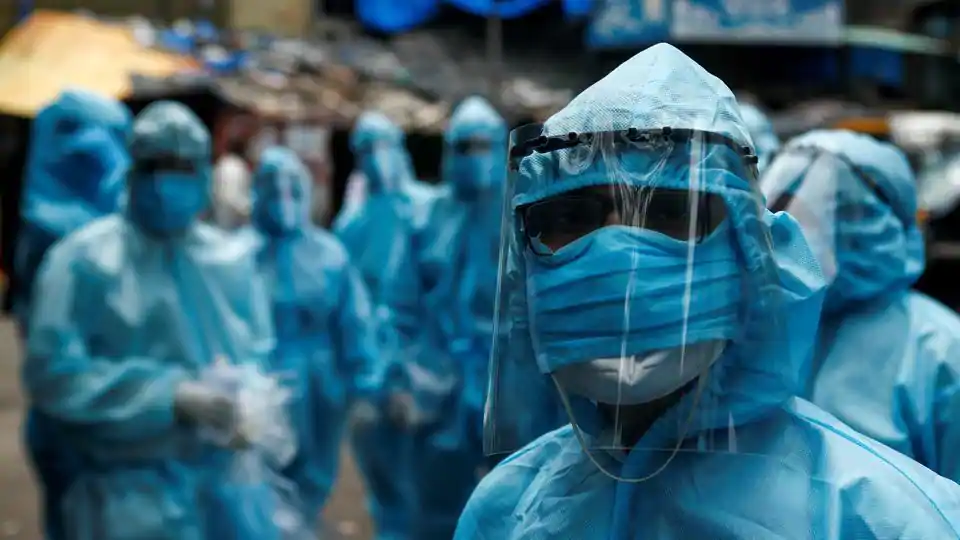


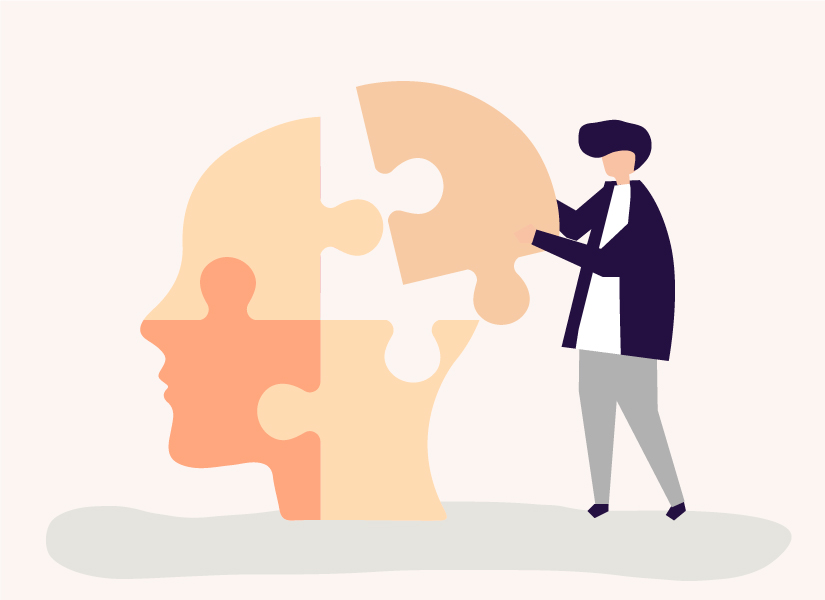
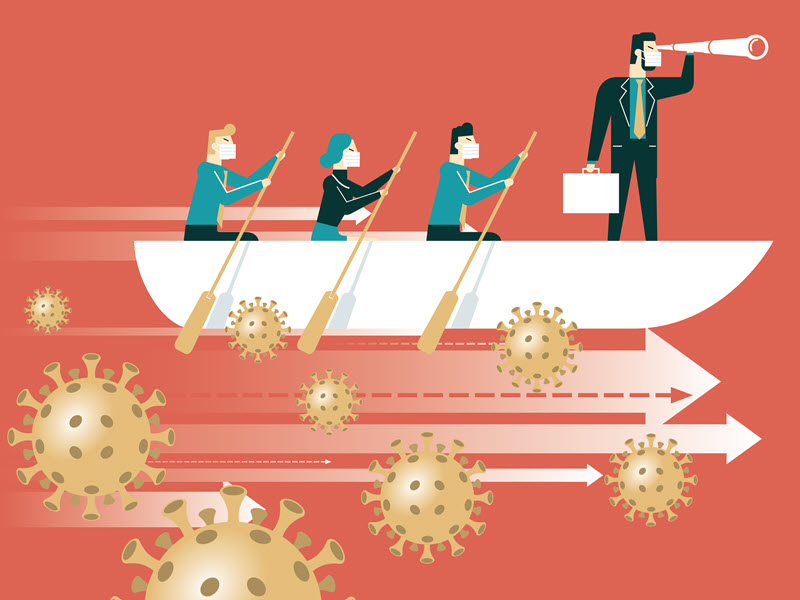
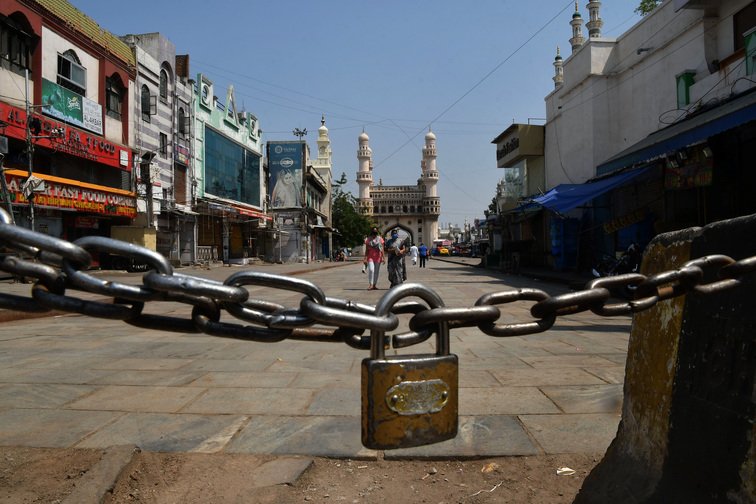
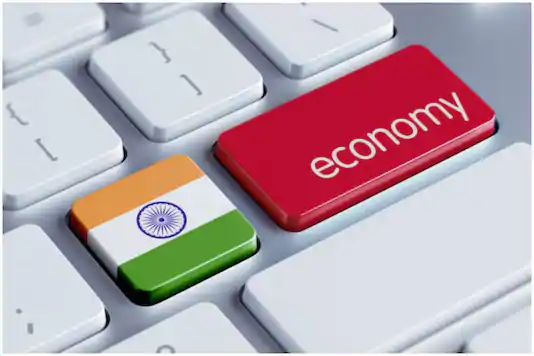
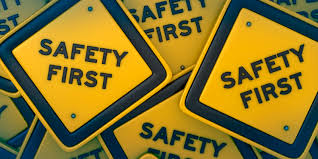

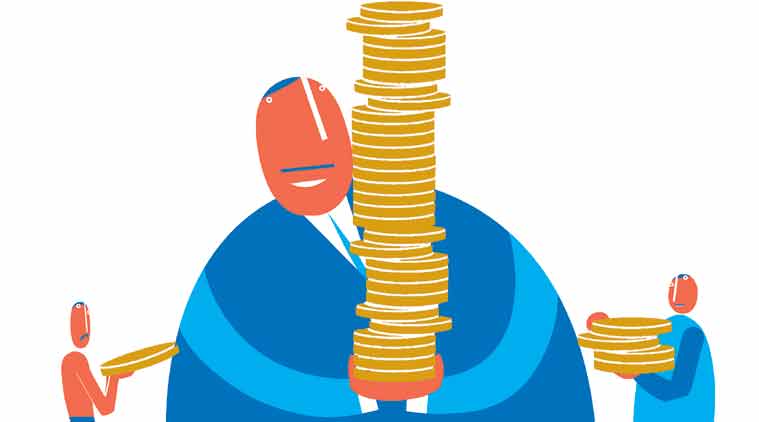
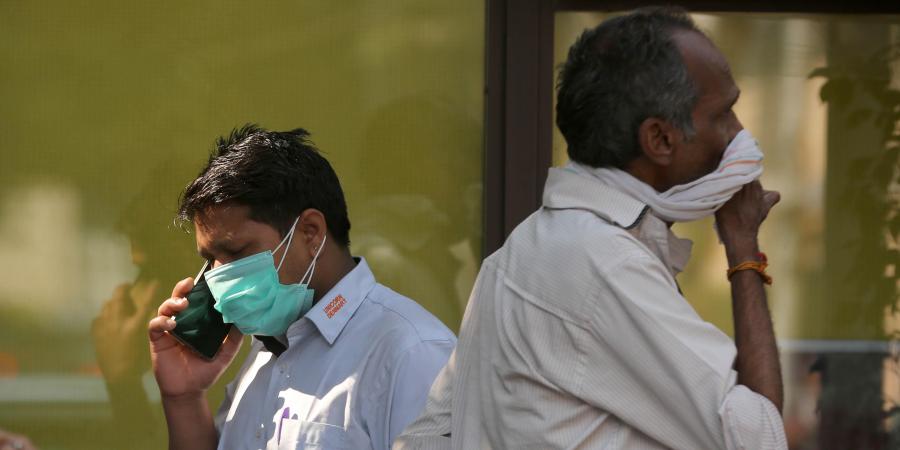
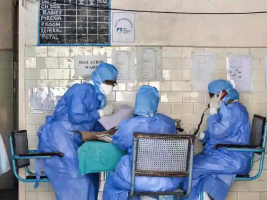
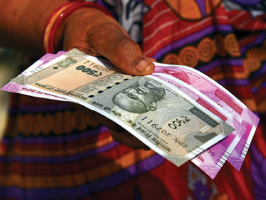
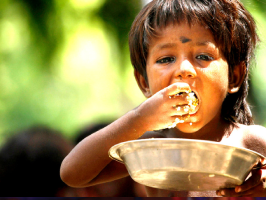
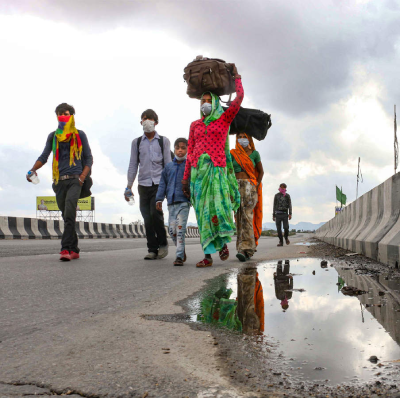
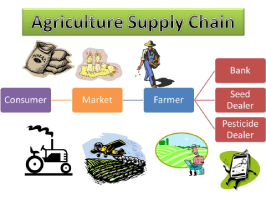
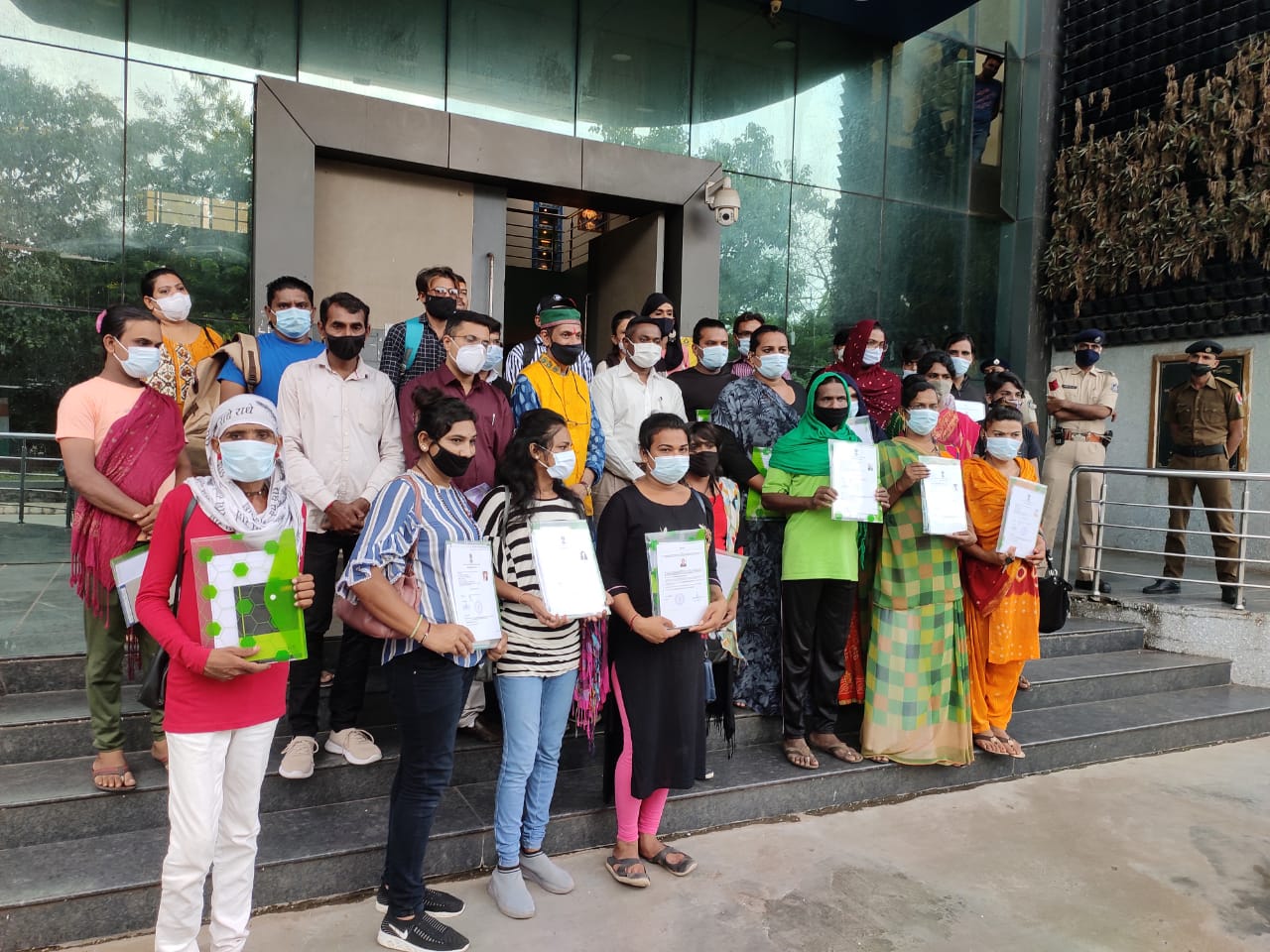
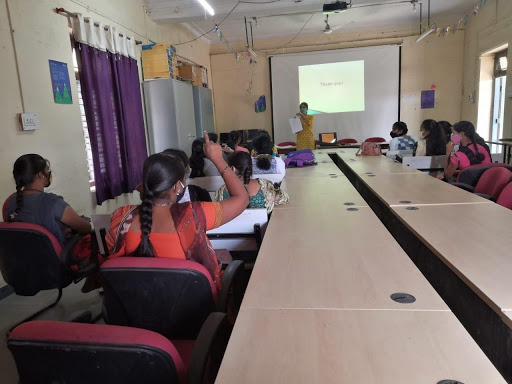

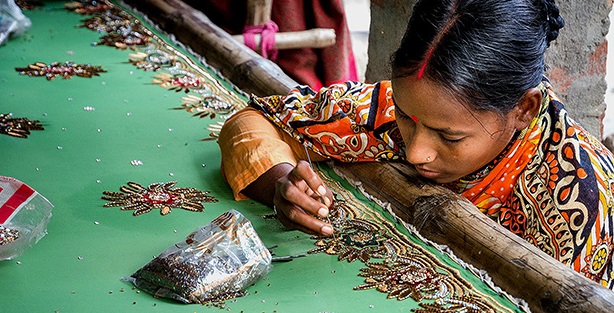
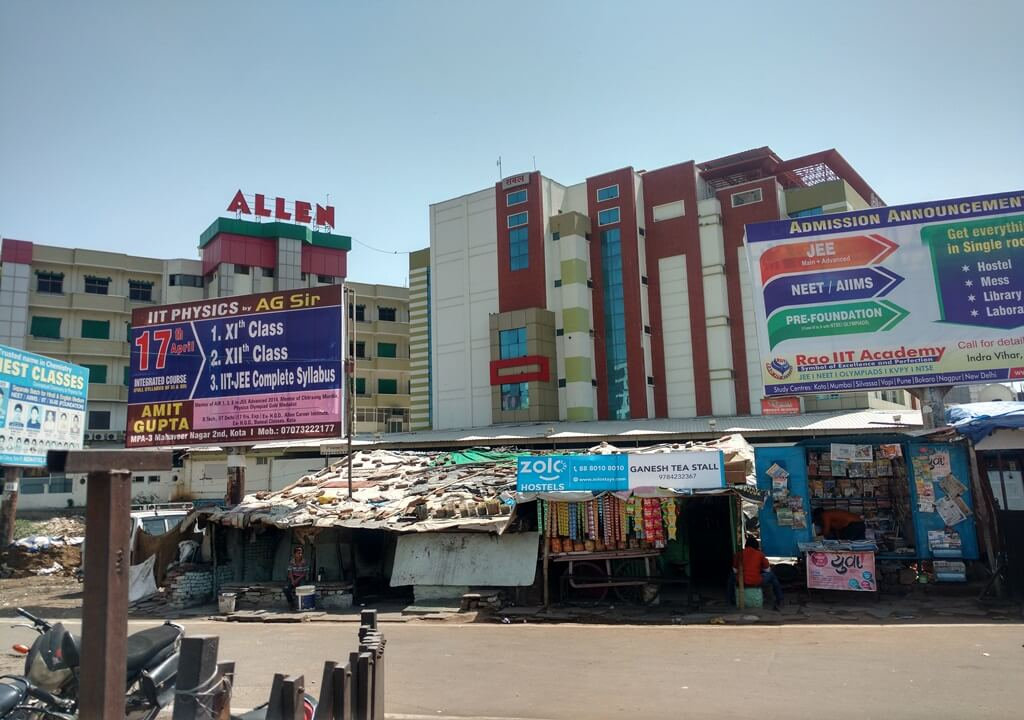
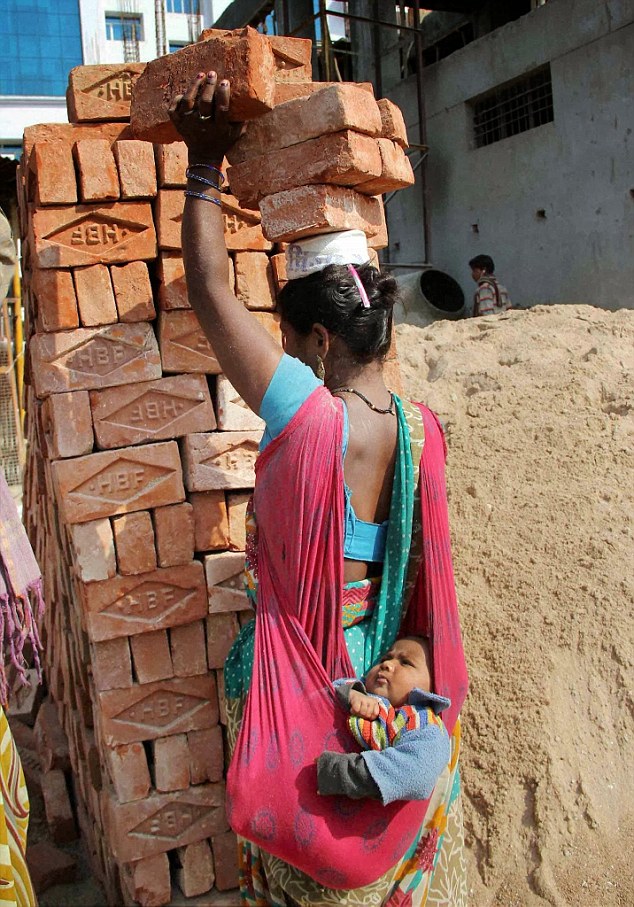

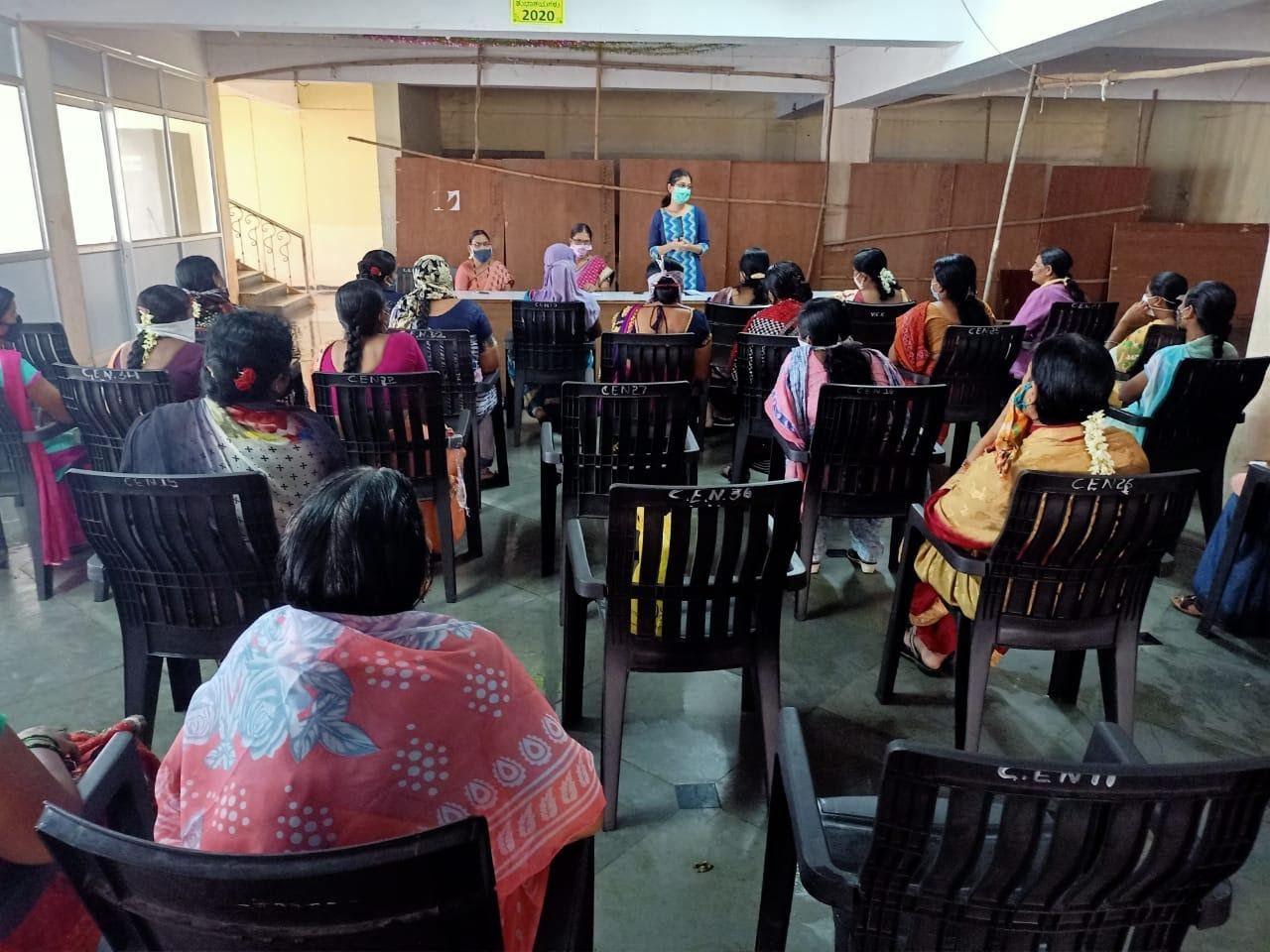
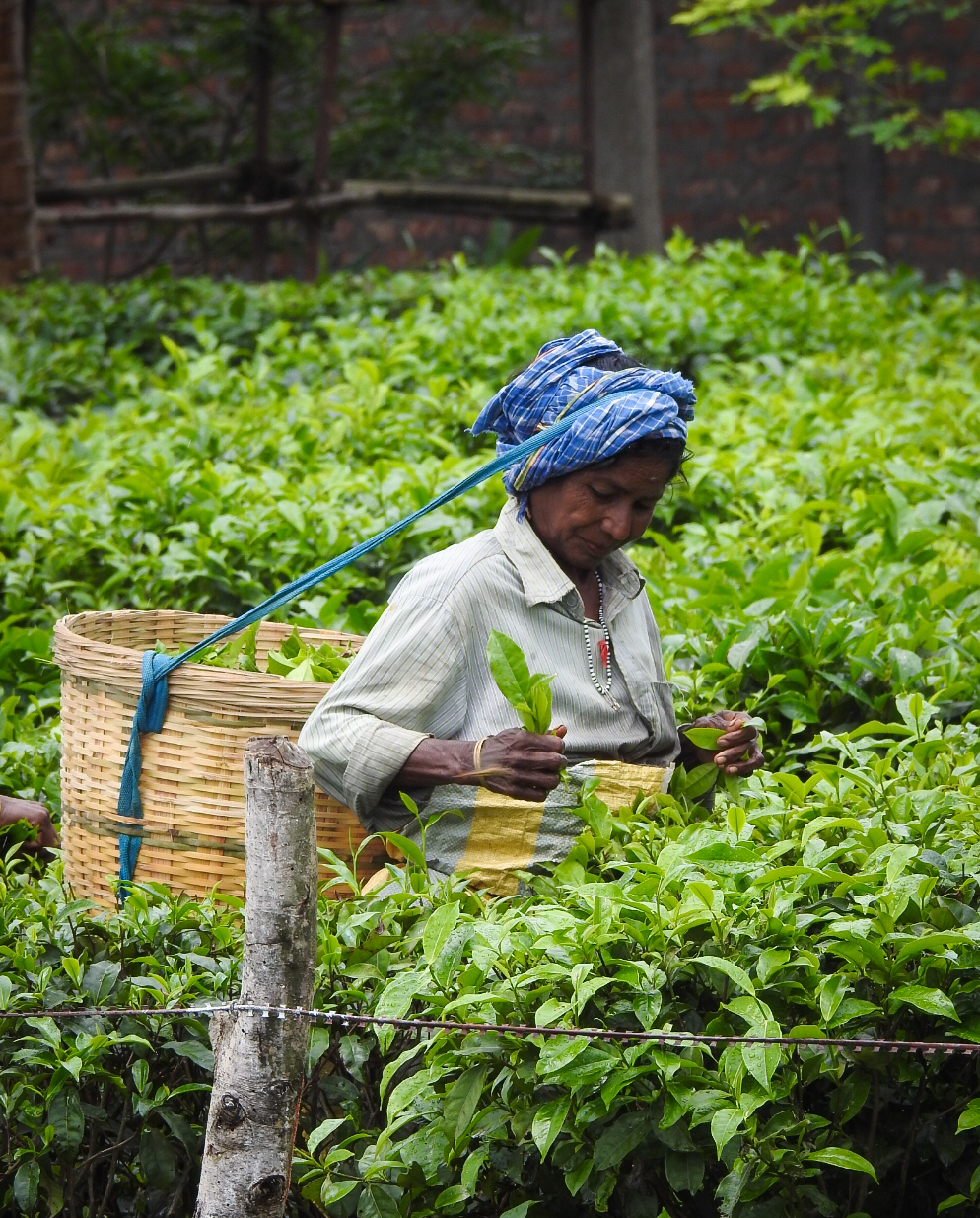


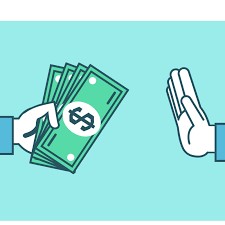
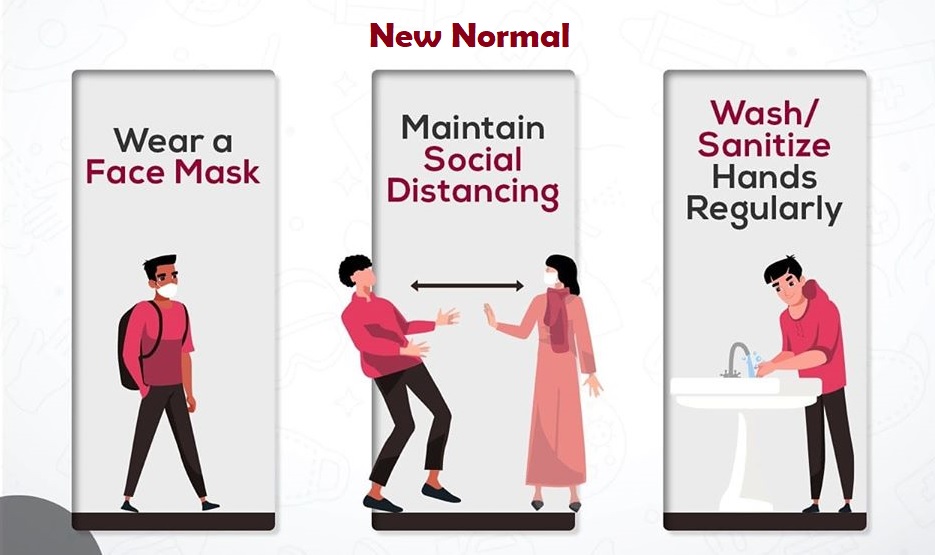
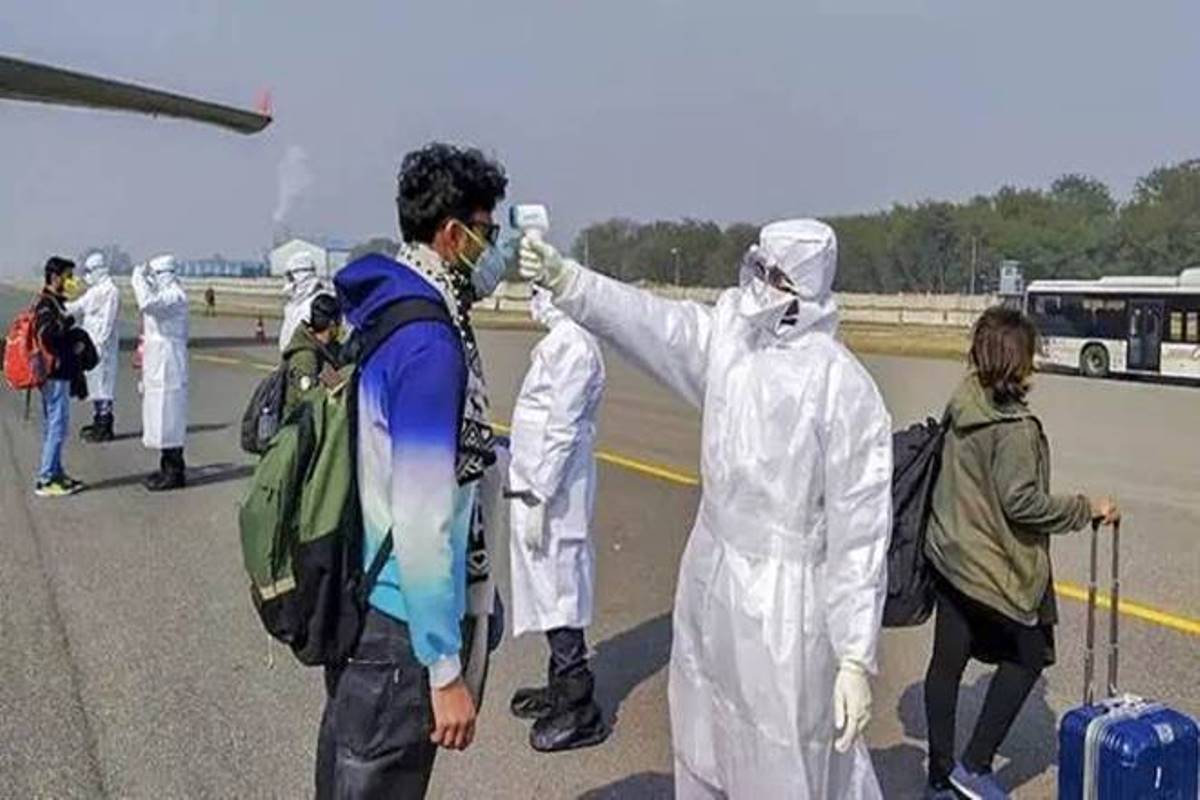
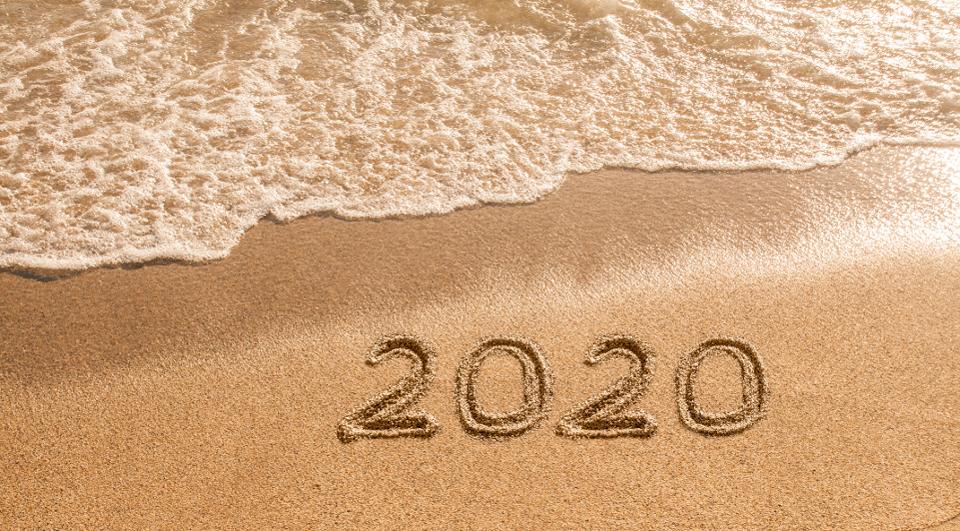
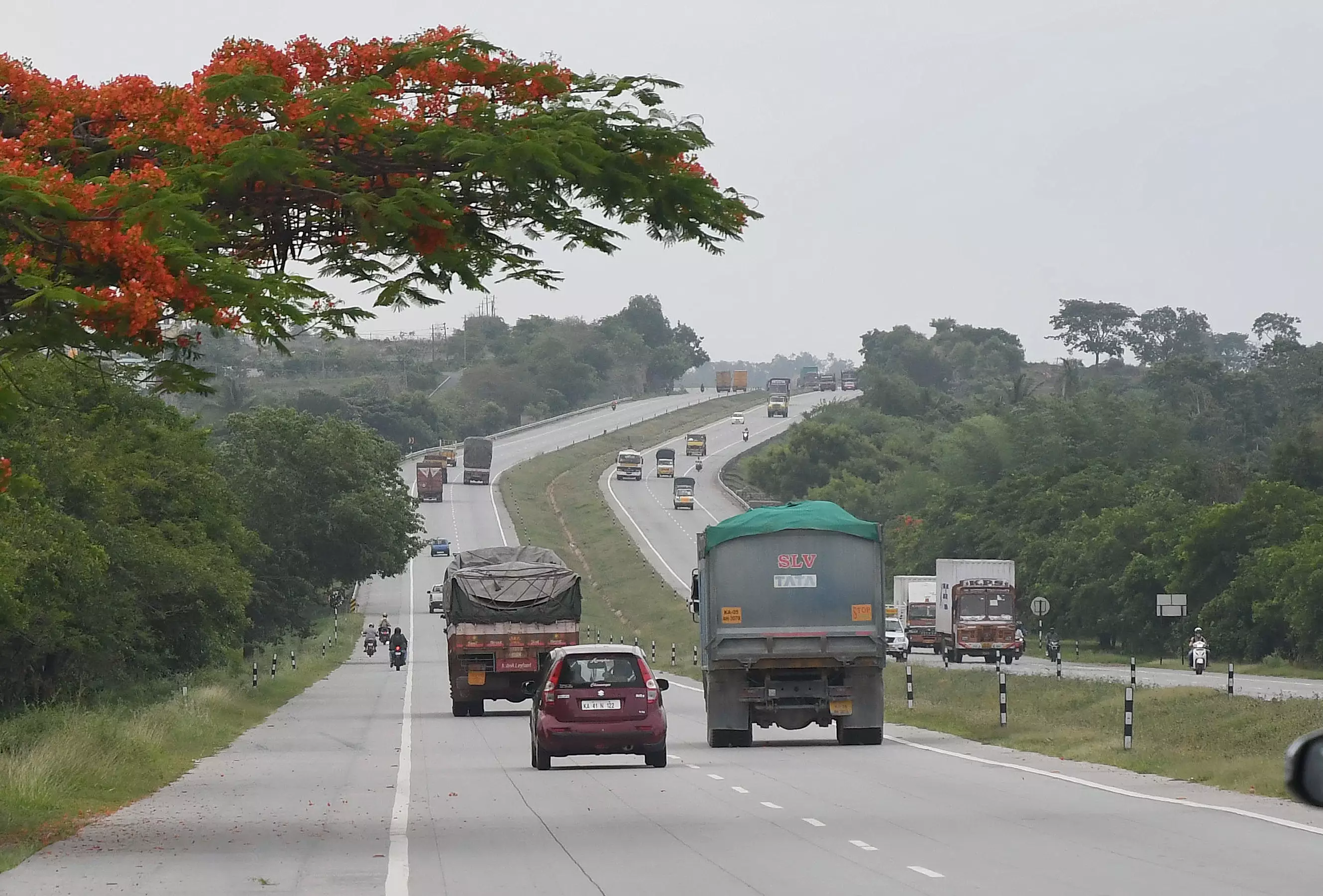
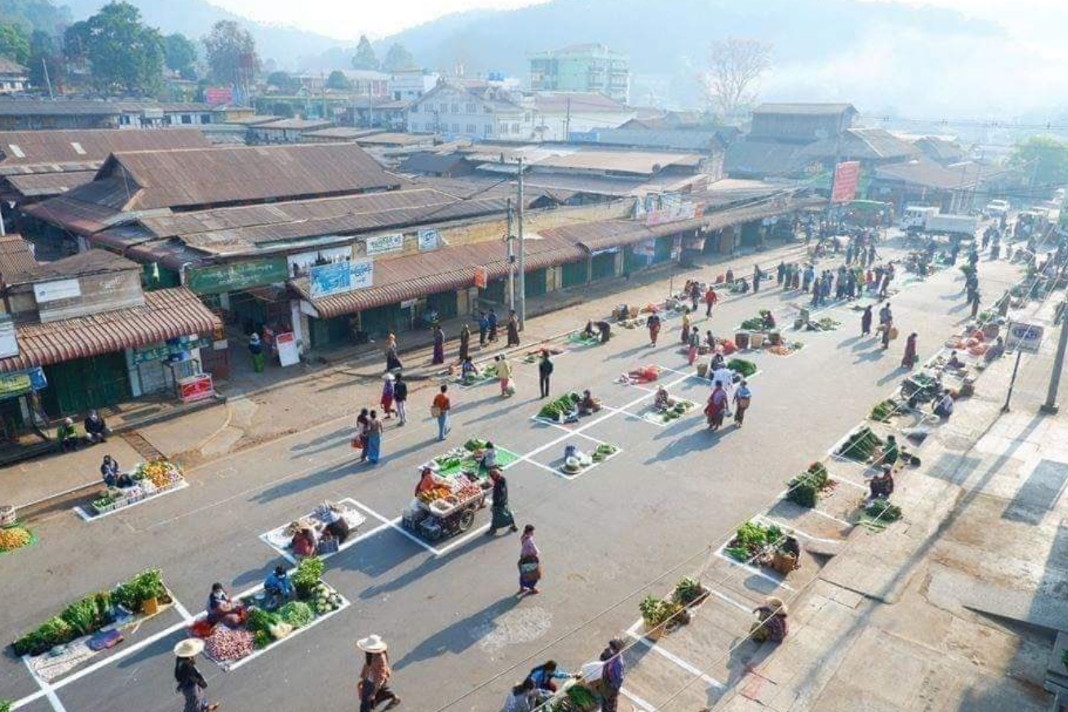
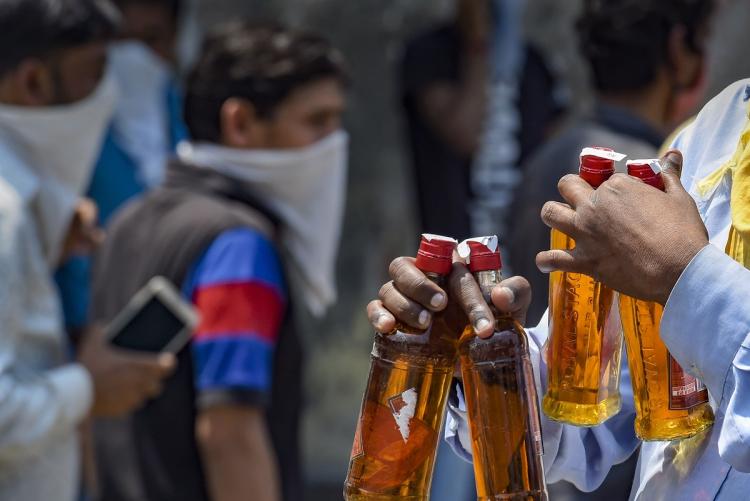
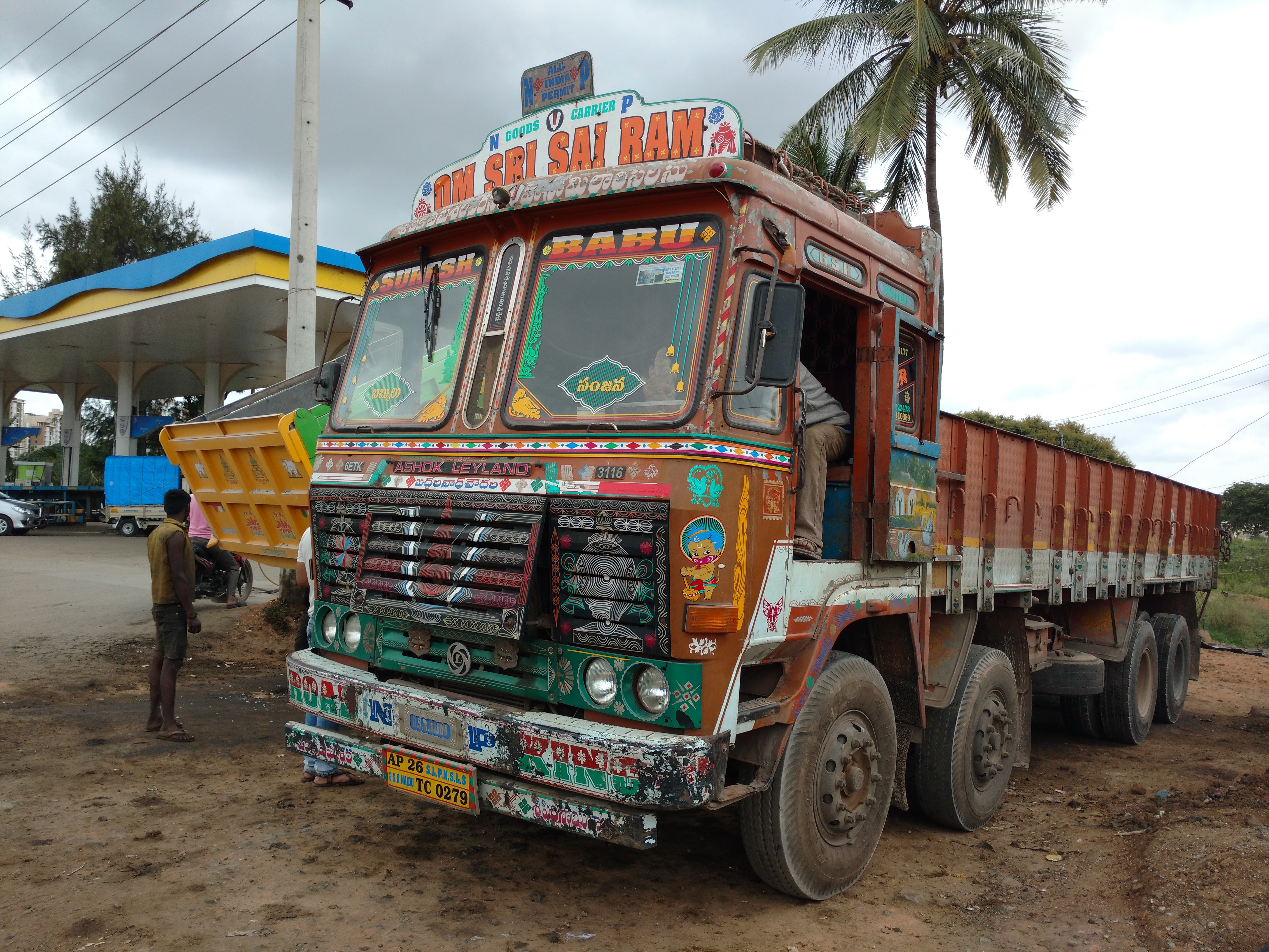

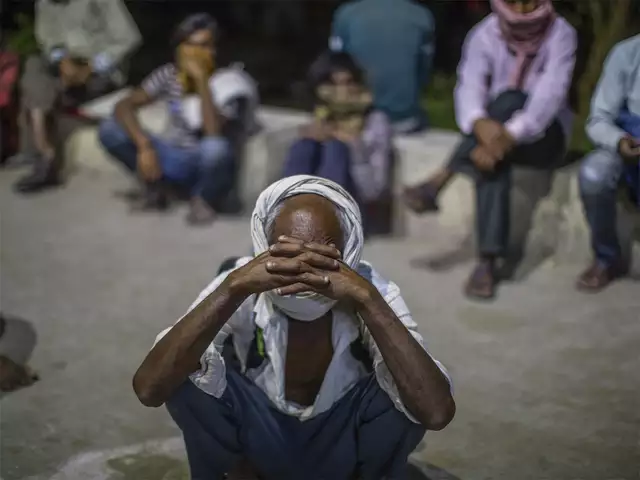
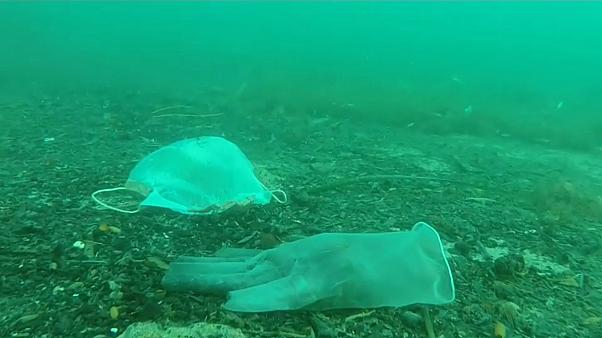
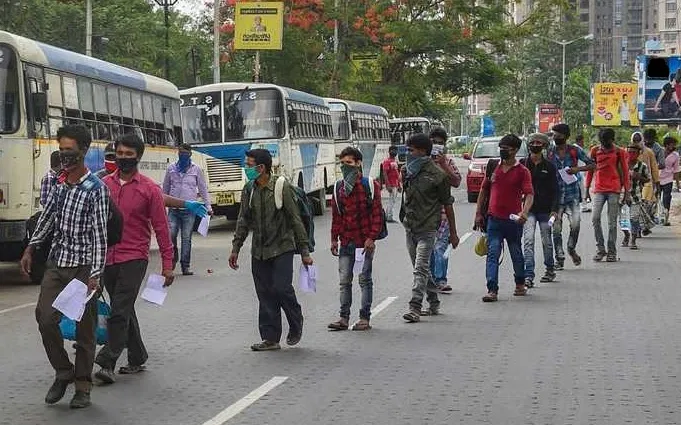
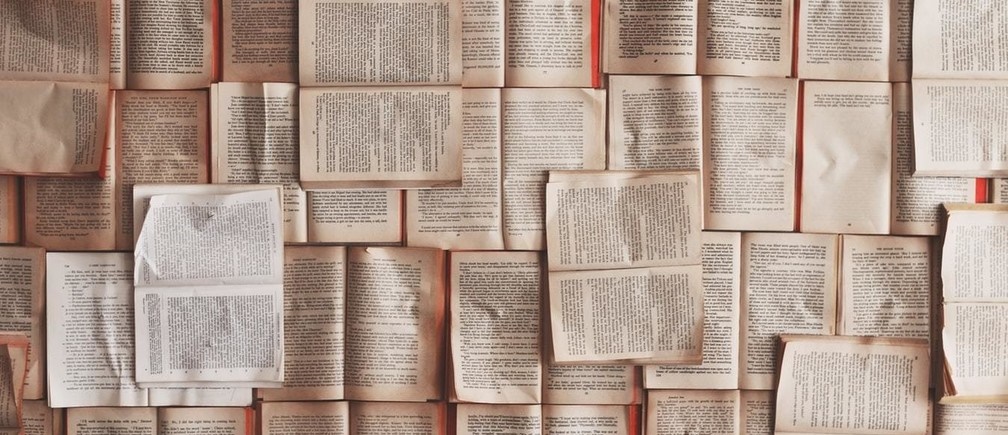
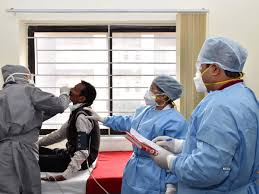

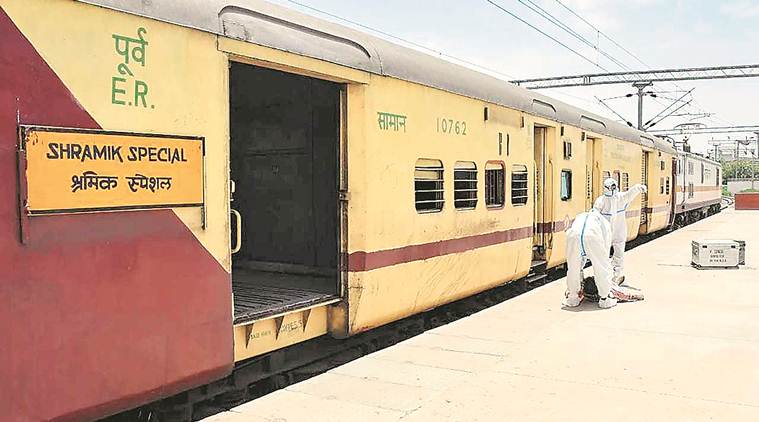
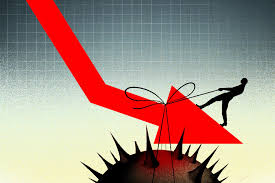
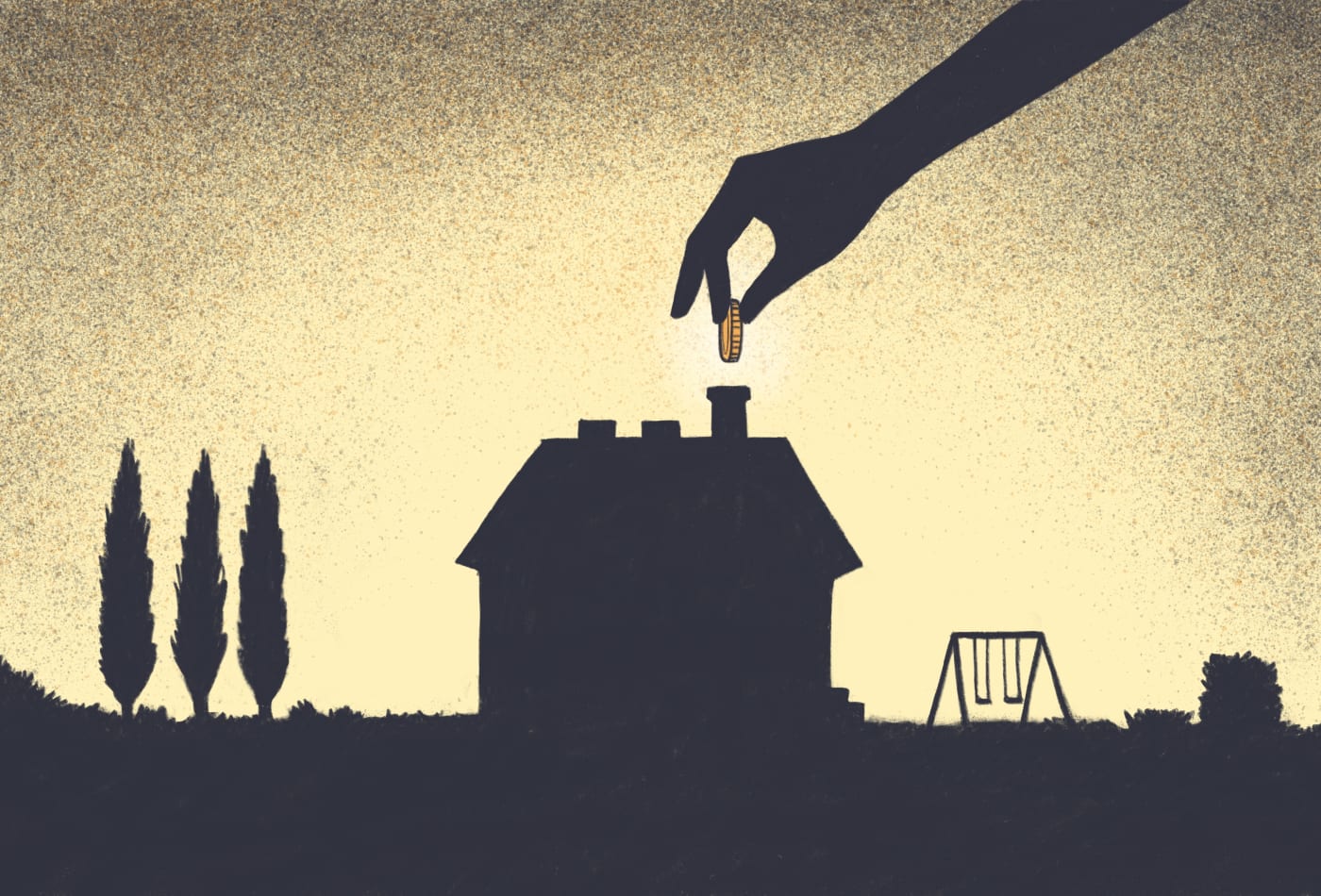

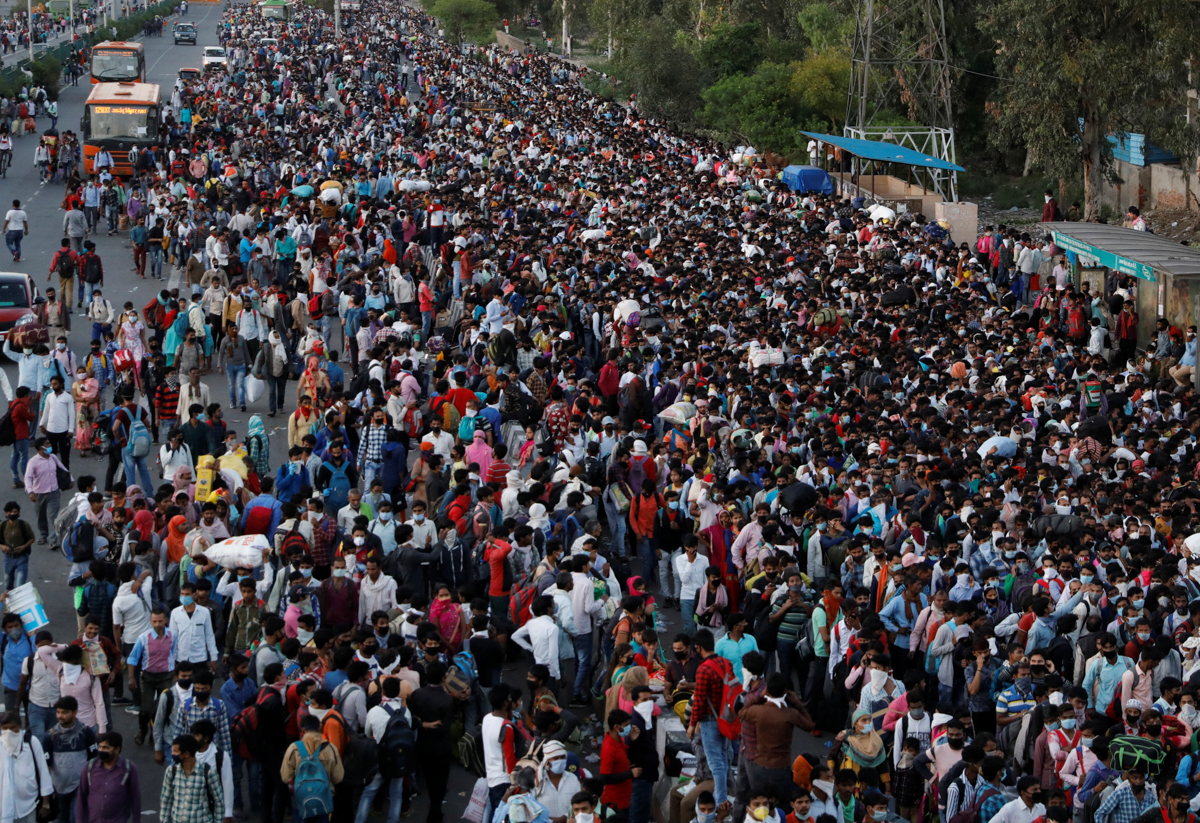
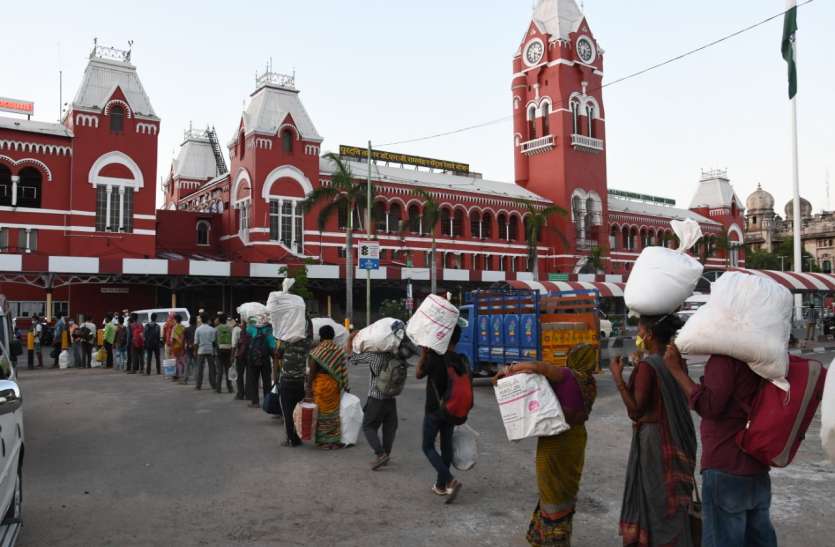
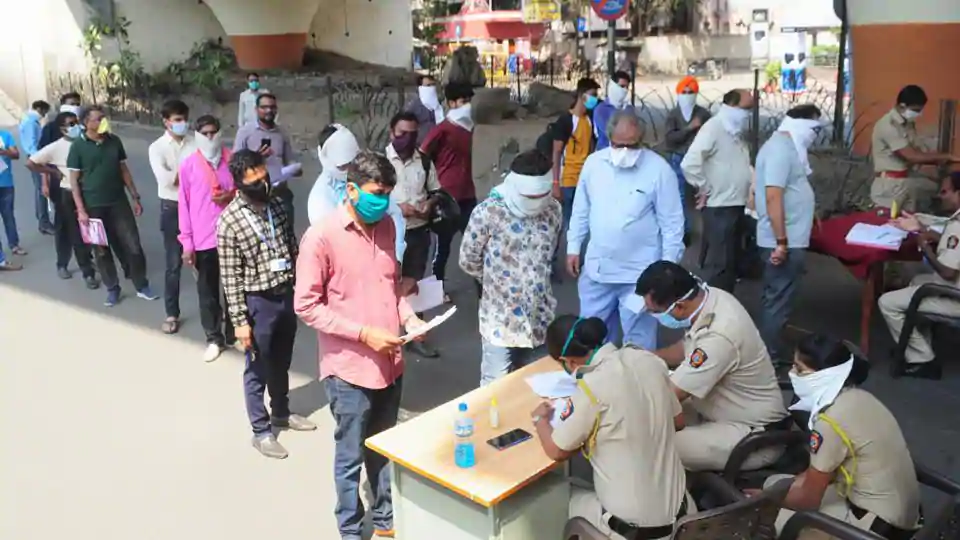
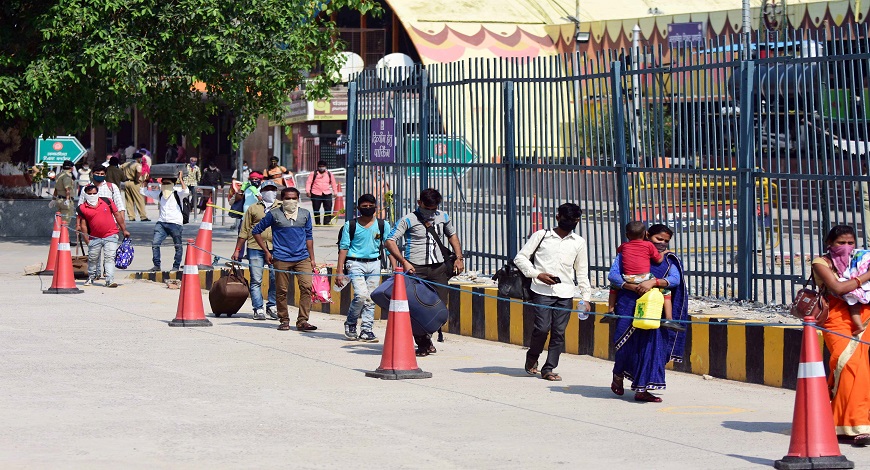
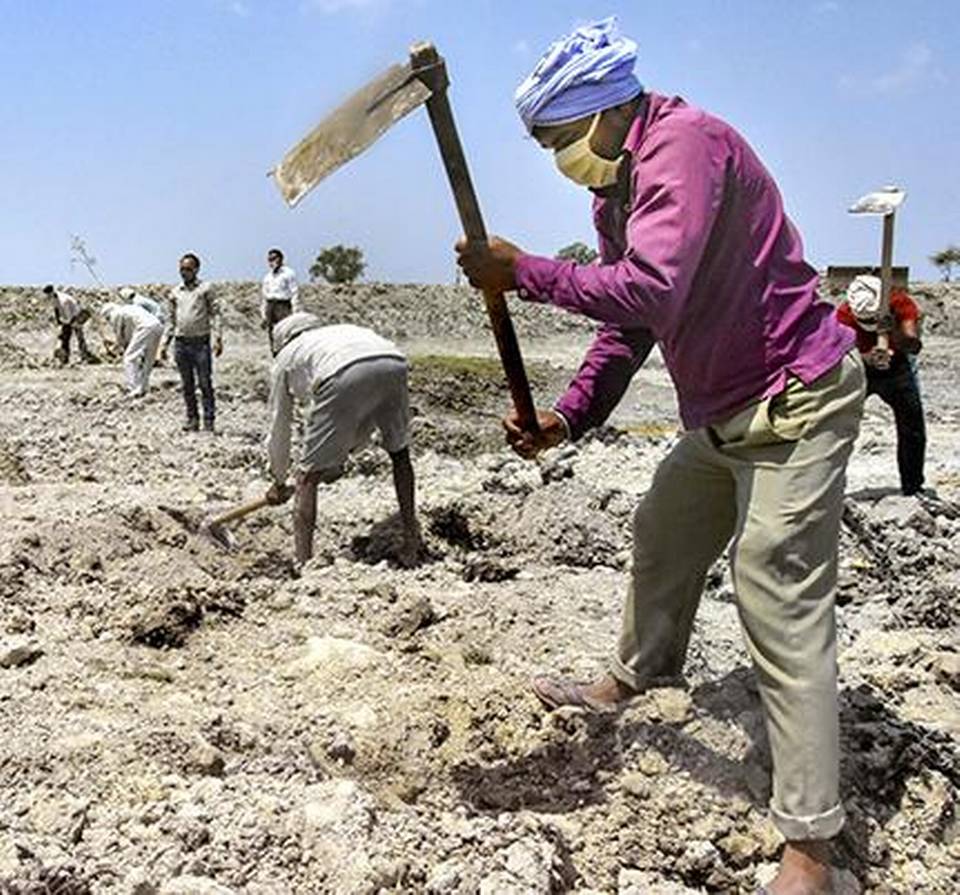
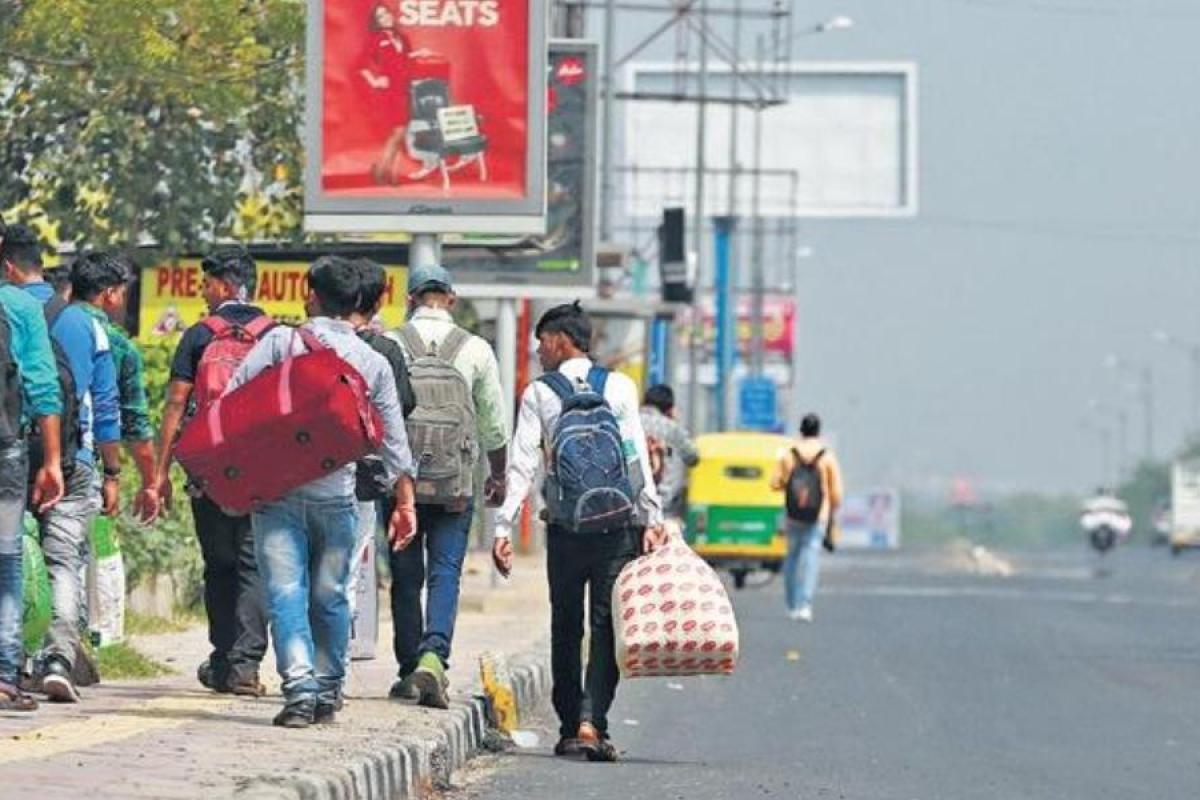
Jazreen Deboo
Rashi Garg